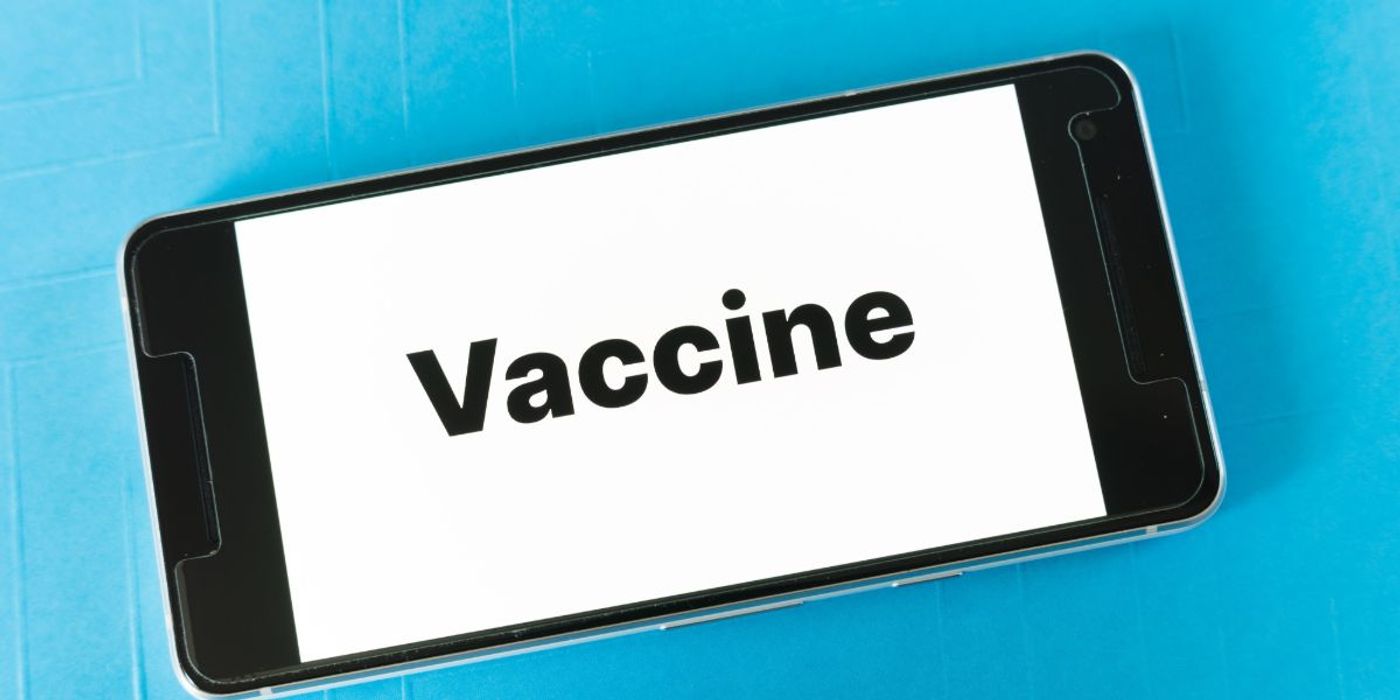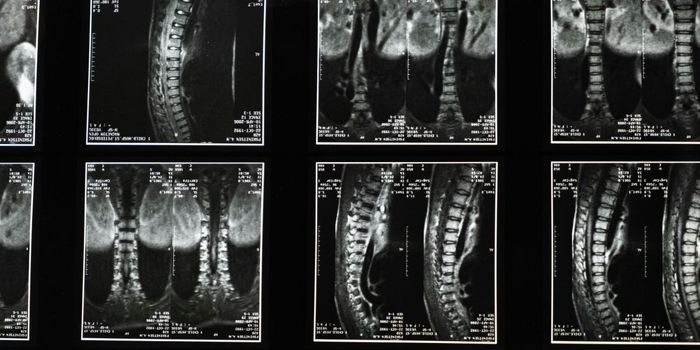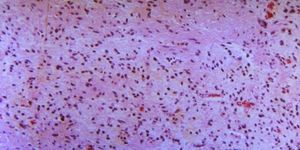COVID-19 Vaccine On Track for Late 2020
Moderna, a biotechnology company based in Massachusetts, has released information on its vaccine against COVID-19 from its Phase I human trial conducted in March. One of eight vaccines globally that has begun human testing, the company’s chief medical officer says that it may be available for widespread use by late 2020 or early 2021.
In an announcement, the company stated that from tests involving eight people, their vaccine appears to be safe and able to stimulate the production of antibodies against the COVID-19. Of those studies, each participant was healthy and aged between 18 and 55. The researchers found that antibodies present in the participants after receiving the vaccine were able to stop the virus from replicating under lab conditions.
During the trial, participants were given three doses of the vaccine: low, medium and high. Side effects for those on low and medium doses were limited to redness and soreness where the vaccine was given. Meanwhile, for those on higher doses, three patients had a fever, muscle pains and headaches lasting no more than a day.
Due to the trial’s small sample size as well as its nature (only testing antibodies in lab conditions as opposed to real-life situations), rather than proving that the vaccine can trigger immunity against COVID-19, the data simply suggests that it may be effective. Further experimentation is needed to confirm this. To this end, Phase II trials involving 600 volunteers are expected to begin soon, followed by a third phase involving thousands of people in July.
Nevertheless, Moderna’s Phase I testing is still underway- this time for two other age groups: those aged between 55 and 71 and over 71. The company has not mentioned any plans to include children in its studies. This is not surprising however as it is generally uncommon practice to test vaccines on children until safety among young adults has been established.
Although the vaccine’s effectiveness in humans against the virus is still unknown, Moderna says that additional tests on vaccinated mice have shown that it is able to prevent the virus from spreading in their lungs. The company also said that the vaccine seemed to stimulate high levels of neutralizing antibodies in mice comparable to those in people having received the same vaccine.
Sources: LabRoots, NYTimes, Washington Post









